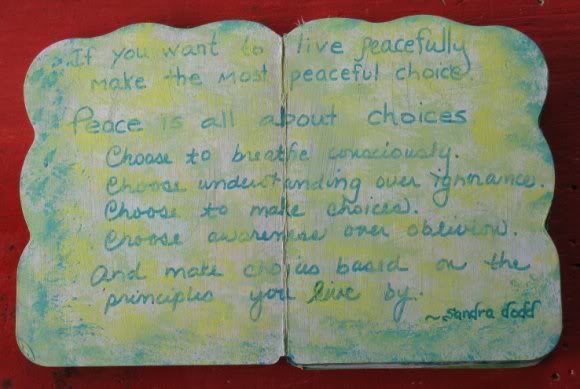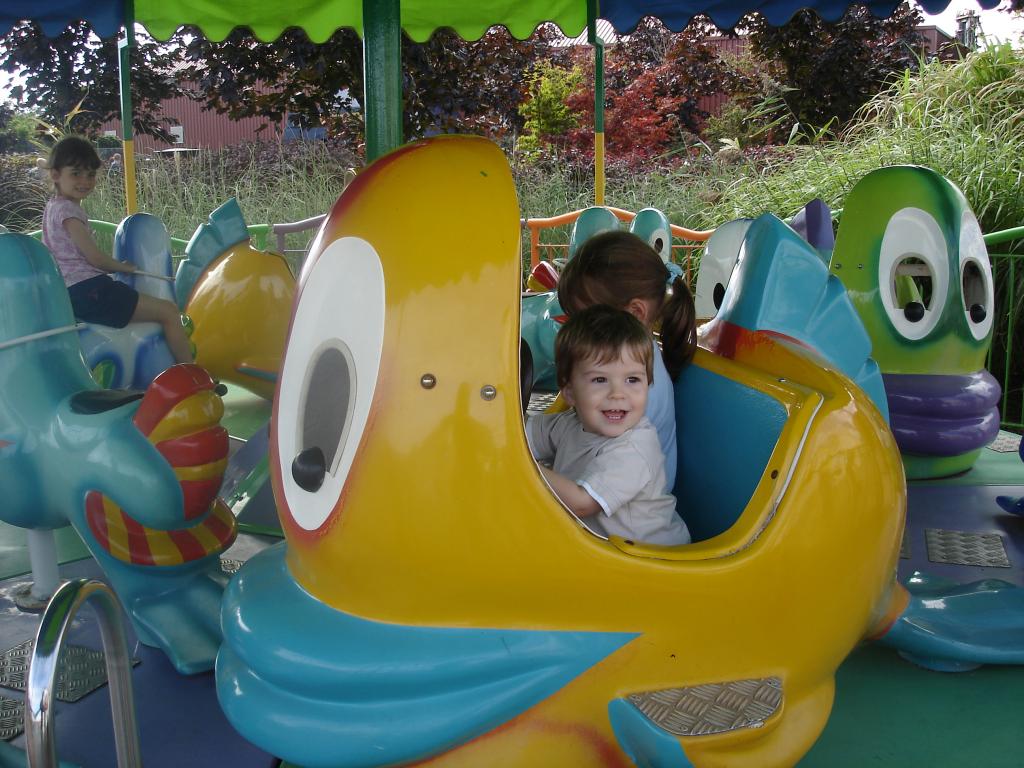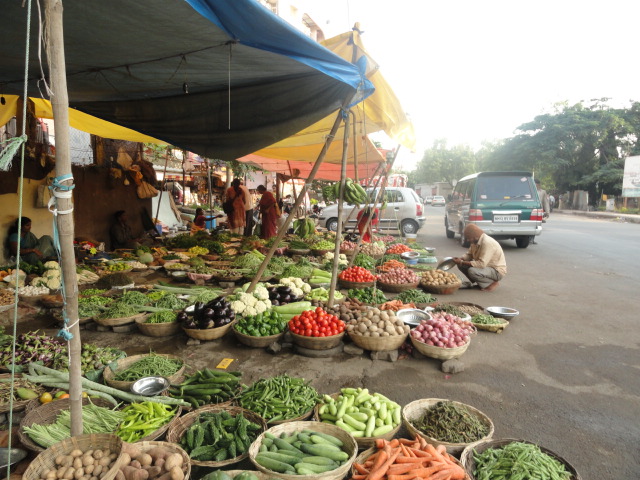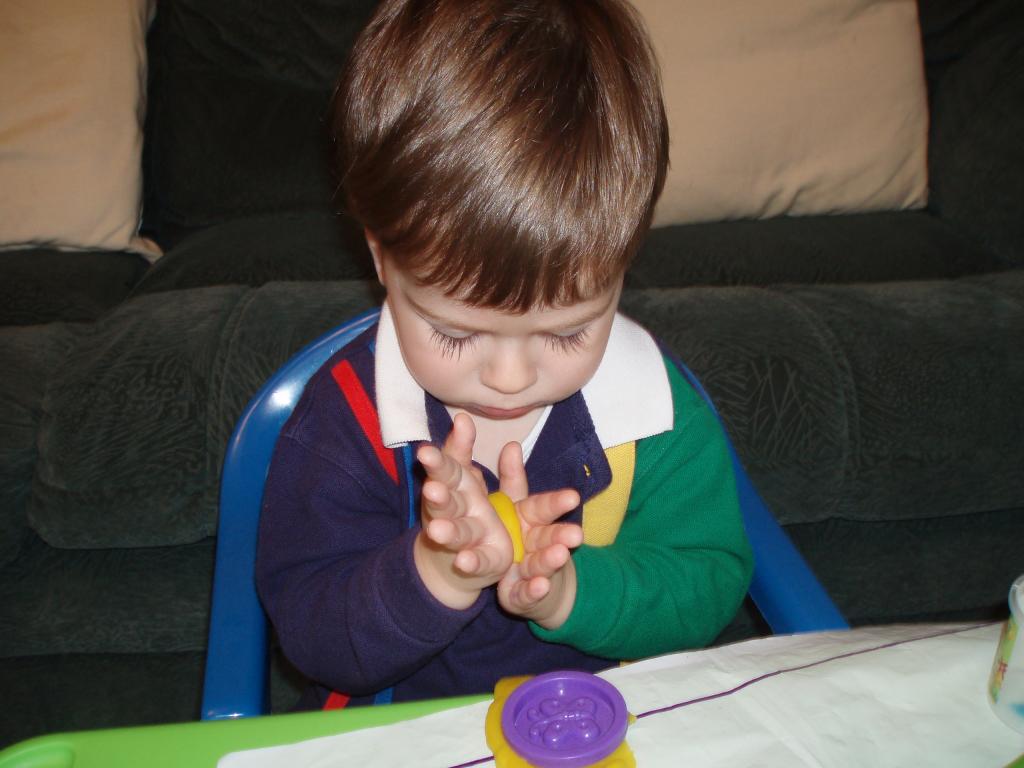Me, in response to a(nother) question, once, about kids who become so involved in something that they are like zombies, don't hear people, don't stop to eat...
If something is REALLY fascinating, extremely engaging, those things might happen. A brand-new video game at an exciting point. A book as good as
Harry Potter and the Prisoner of Azkaban, first time through. A news item on the death of a favorite person.
Those things can happen to me, still, as an adult—that I am mesmerized, engaged, involved in something, and it can be a program (I've been watching some great Korean dramas lately), or a book, or an interesting or difficult bit of sewing. It can take me a few seconds to come to myself and respond to another person.
. . . .
It would be unfortunate if someone's unschooled child loved a game or story so much that he seemed to be a zombie, and the parents started to limit his life because of it. It would be an unfortunate lack of appreciation and relationship and awareness on the part of the parents.
SandraDodd.com/zombies
photo by Destiny Dodd


















